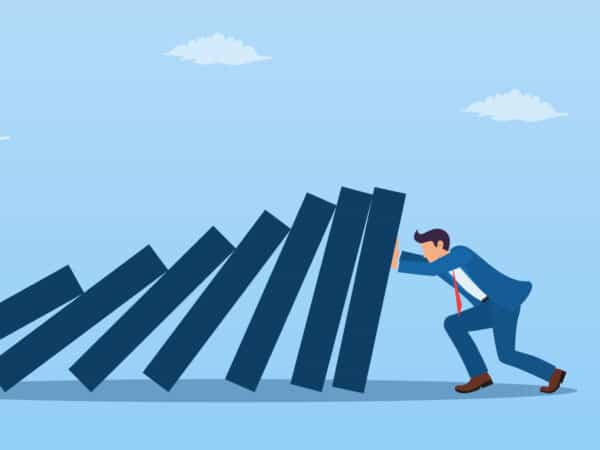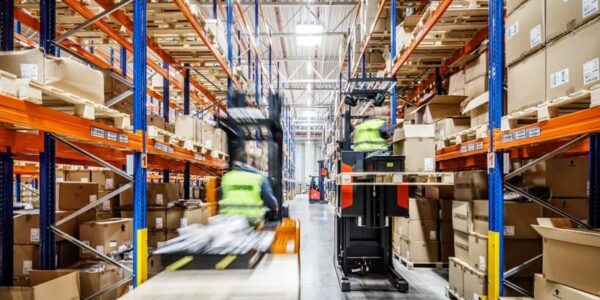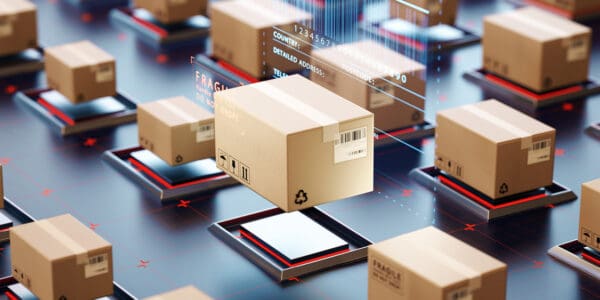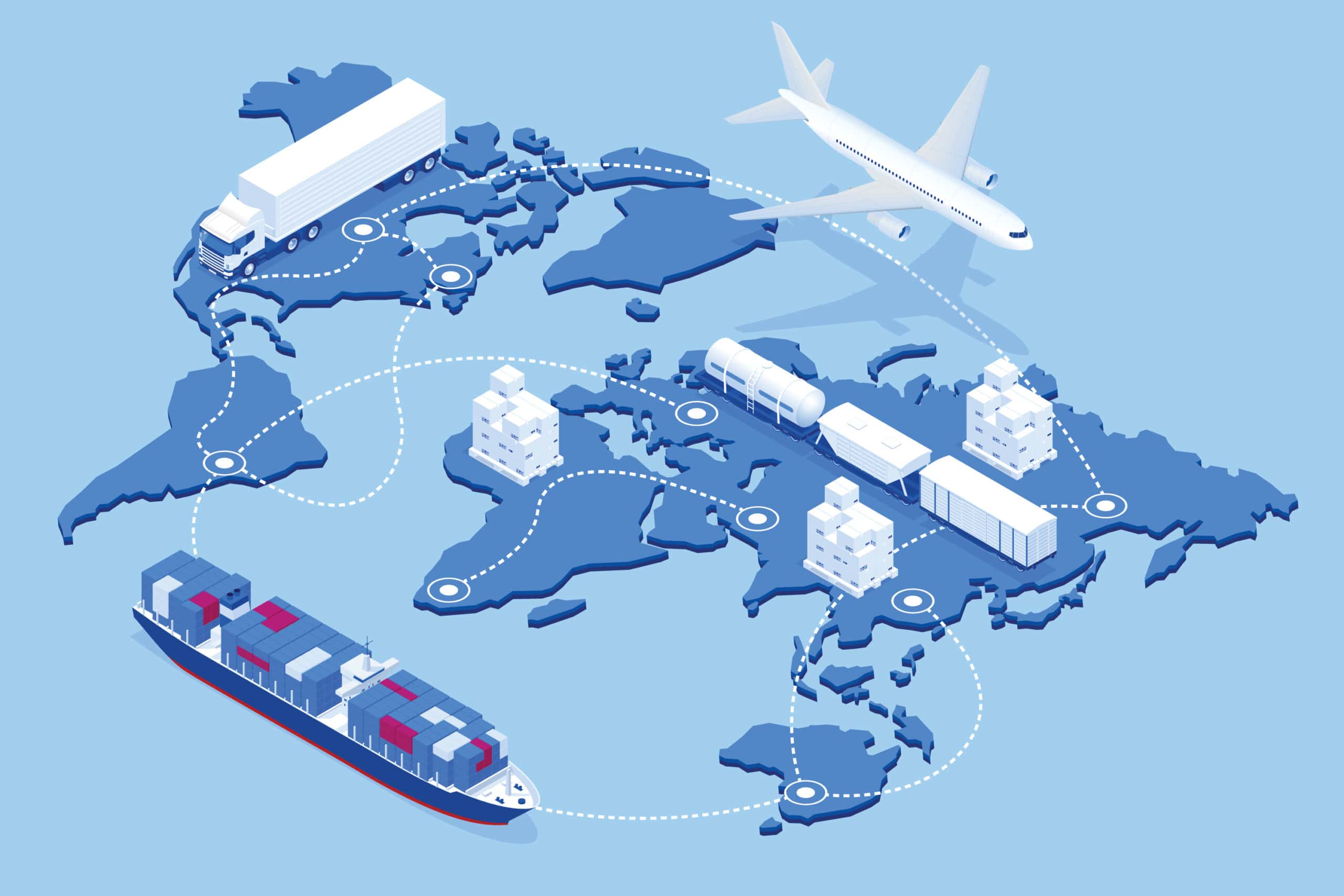
The short answer is: If we translate the term from psychology into the technical world, i.e. into supply chain management, the word takes on new meanings, because its definition here implies that a supply chain is a system that can be managed and which, in the event of a disruption, can and should be restored to its original state as quickly as possible. You already know that this definition reaches a limit, because the technical view is not the only perspective in the 21st century; social and ecological issues are also increasingly coming into focus.
The discussion about resilience makes no sense if the target state that resilience is supposed to “regulate” is not clear.
Where can or should the newly chosen path lead? The path really depends on how much value we attribute to the target state we hope to reach at the end of the path. No matter what our target state looks like, it should answer the question of how we address our threats to the ecosphere if what we want is to achieve the highest goal for the ecosystem, which would be to maintain a livable planet.
The design principles of our value streams have been known for a long time
The solution consisted of an effect cycle involving three reinforcing measures. The goal? To reduce everything that the customer is not willing to pay for and thereby shorten the lead time. You called this form of potential waste.
Globalization will change
Let’s do ourselves and the environment a favor and reduce transportation of information and materials to a minimum by creating complete and self-contained value stream networks near to our customers.
Texts are never created when you’re alone. Your own thoughts are also always the result of external stimulation.
The following authors serve to inspire me and accompany me on my path to insight: Tom DeMarco, Peter Drucker, Ulrike Herrmann, Gerald Hüther, Daniel T. Jones, Stefan Kühl, Rupert Lay, Jeffrey K. Liker, Michael Löhner, Fredmund Malik, Hans A. Pestalozzi, Richard D. Precht, Marshall B. Rosenberg, Mike Rother, Friedemann Schulz von Thun, Reinhard Sprenger, Frederic Vester, Harald Welzer, and James P. Womack.
More about Supply Chain

What must future supply chain management be capable of?
Innovative supply chains are characterized by strong customer orientation, excellent performance, and high flexibility and agility in the face of new market and environmental requirements. If the supply chain is transformed from a cost factor to a success factor, it can become an integral part of the competitive strategy. Thomas Spiess is a Member of the Management Board of STAUFEN.INOVA AG in Switzerland. He studied mechanical engineering at ETH Zurich and has been an expert for supply chain management for almost 30 years.
Read more
The future of supply chains
Ole Trumpfheller from DB Schenker is convinced: customers and service-providers must adopt a collaborative approach to guarantee a secure and scheduled movement of goods in the future.
Read more
Supply Chain Network Management
The network of parties involved in the value creation process is becoming increasingly complex – especially due to the globalization of sales markets, production sites and procurement markets. Those who best master this complex value network and professionally manage the “customer-to-customer process,” i.e., make the goods available efficiently at the right time and in the right place, have a significant competitive edge.
Read more


